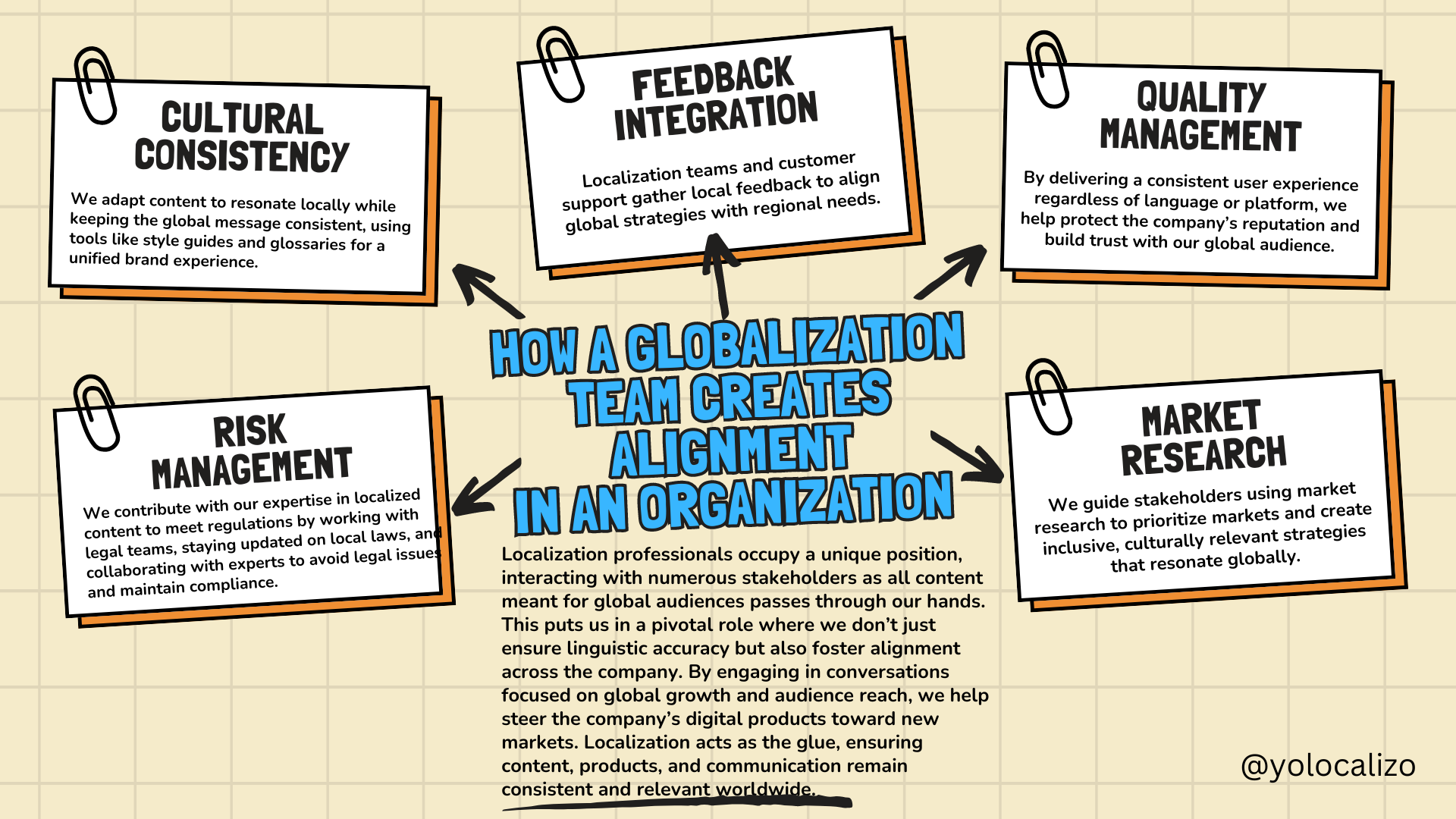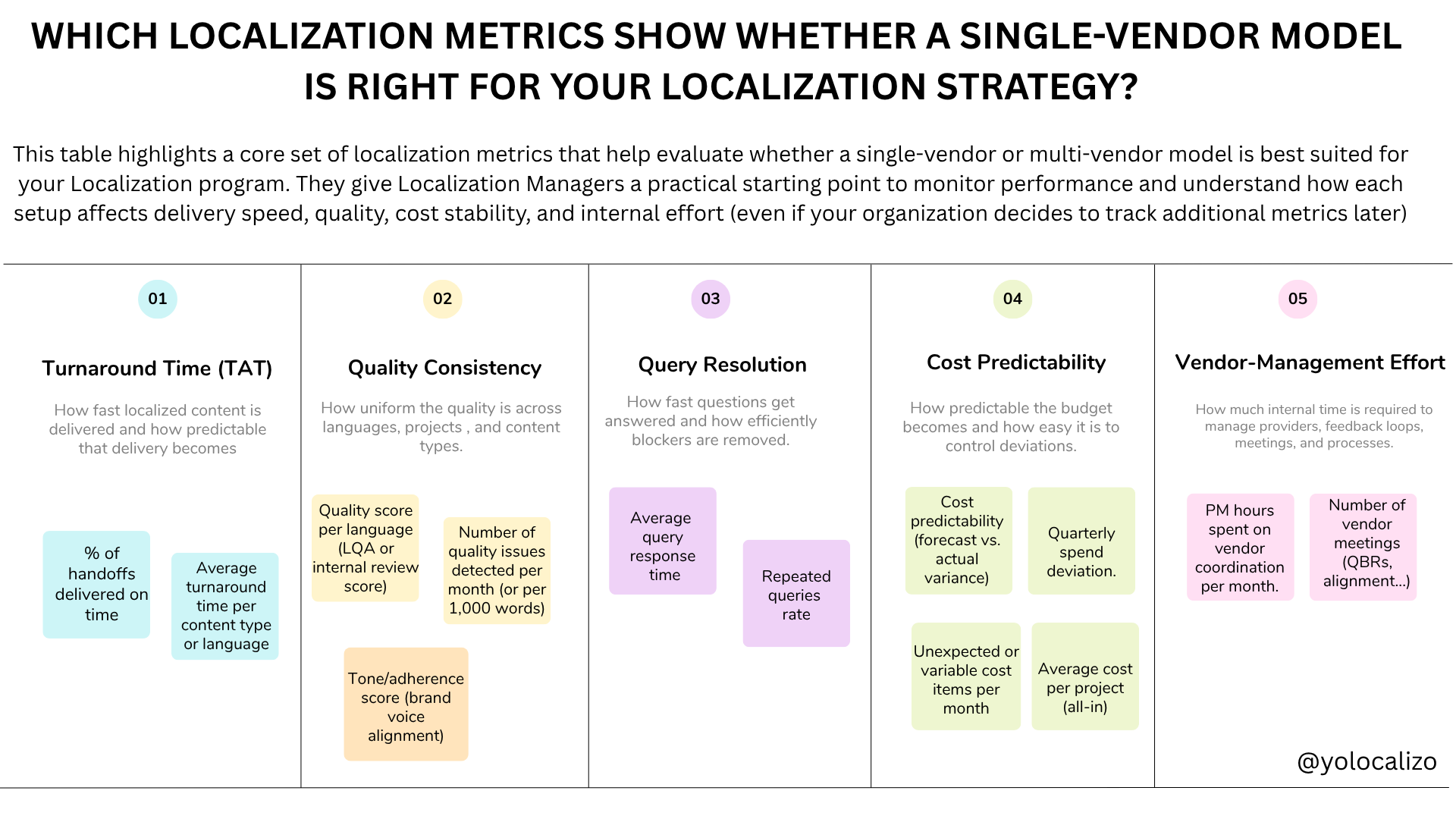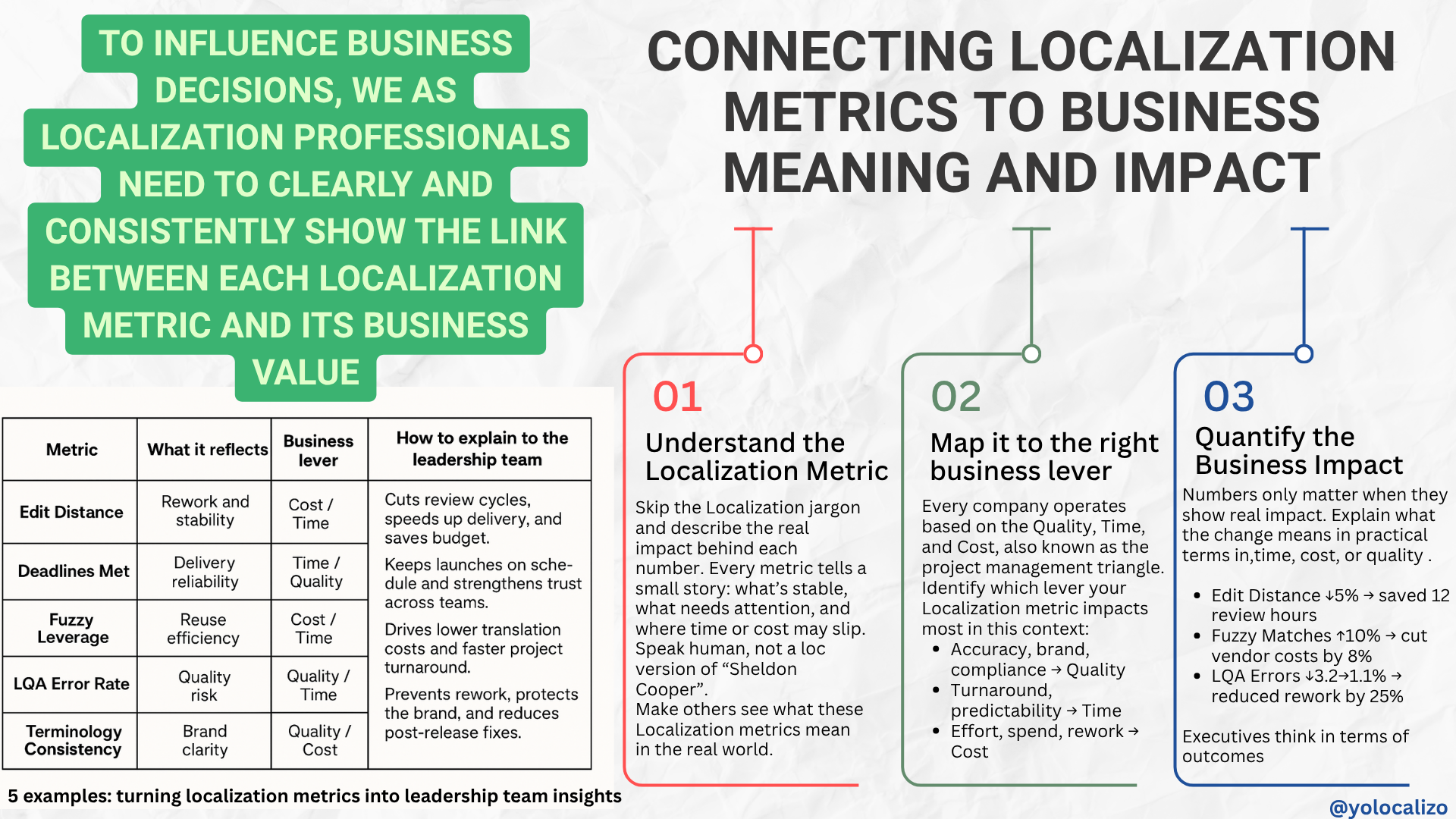Do you really know how to delegate a task
I remember a project I was working a few years ago. It was a software Localization project . I was leading a small team of 6 people. The workload I had at that time it was quite high, and I thought:
Well, in this situation I studied in my HR Master that all I have to do it's delegate! Therefore, we grow as a team and we can achieve more together!
Perfect theory! Horrible how I execute it J
I went to one of my colleagues and I asked him
- Hey dear colleague, I'm super busy this week preparing the presentation of the training. Can you please help me and take care of creating test cases?
- And the answer was “ NO, I'm also busy!
At that moment I was totally surprised and I did not understand why that happened, but I realized that I failed in one of the basic principles of delegation.
These principles are that in order to delegate a task efficiently we need to consider:
- it’s a task that your colleague wants to do or
- it’s a task that your colleague is good at it.
Otherwise, the delegation might be a little disaster as it happened to me :)
But hey, as practice makes perfect, my delegation skills eventually improved, and I wanted to share some thoughts about delegation with you in my blog.
Delegating is not passing a hot potato to someone.
Delegating is not get rid of a task we don’t want to do
Delegating is not transfer a task I consider low-skill task.
Effective delegation is to trust someone to do a task. A task they are prepared, maybe even better than we are! Or perhaps the reason for the delegation is not only the great skills of that person but also they might have more time than us.
Delegating means accept someone else might do a better job than we would do it ourselves.
But, why do we feel so scare when it comes to delegate?
In my opinion these fears are based on two principles
1. The person will do the delegated task so well that I might get redundant and being fired. Because if I delegate my task, what’s the point of my company in having me?
2. We do not trust the other person can succeed in assigned task. This basically means, we do not trust in their skills.
To solve the first scenario it is important to understand that the more tasks we delegate the more new projects and new processes can be taken. That means we grow as department and we achieve a higher visibility within the company. When you delegate, you grow as a team;
I didn’t find in my 21 years of experience in the Localization industry that I was fired because someone does very well the tasks I delegated.
This idea was summed up brilliantly (as most things he did) by Steve Jobs. He stated, "It makes no sense to hire smart people and then tell them what to do. We hire smart people to tell us what we have to do "
To solve the second scenario, we must ensure that the person who get the task delegated see the task as her/his responsibility, not as an obligation.
If we perceive that the person does not feel responsible, but feels compelled, the delegation is not going into the right direction.
To delegate effectively we must give enough time for the task to be performed without our continuous monitoring. If I delegate and then I checked status continuously I don’t save time, and on top of that, I get stressed thinking that I would do it differently. In addition to that the person doing the task wonder why I asked for help on something if I keep checking everything.
We must avoid micromanagement, what we must do is make it very clear and focus on:
- Which are the objectives,
- What are the best results that we want at the end?
o This must be agreed before starting the delegation of the task. We have to invest time, hang out with the person who will do the delegated task and explain the goal and receive questions. Expectations must be aligned. During this phase we need to find the following answer.
§ The result of this tasks to be considered successfully is …
Delegating requires an investment of time, but it helps greatly to achieve higher goals.
Before closing this post I’d like to comment about one task you cannot delegate.
You should never delegate a task that is crucial and is linked to your job.
As an example, if you are responsible for submitting the monthly sales report with your providers, that report that you have to do, is intrinsic and linked to your job. You cannot delegate that responsibility. It’s yours responsibility.
The best way to learn what task we should not delegate is to go back to the origins of the management, going back to the great Peter Drucker.
The management guru of the 20th century (and 21st as well I in my opinion).
You should ask yourself and answer the following question.
"The reason why my company created this position is .... "
When you find the answer to that question, that is the only task that can not be delegated, for the rest of tasks, the more you delegate the better.
Great managers constantly delegate.
Your success as a manager is also measured by the ability you have to delegate tasks, guide your team and allow them to succeed and grow professionally.
Good luck, delegate, keep calm and enjoy! Everything will go fine J













This feels like a pivotal moment. Localization teams are being asked to support more markets, move faster, use AI responsibly, and show impact, not just output. Expectations are higher than ever, but many teams are still trained mainly for execution. We are strong at delivering localization work, yet we often struggle to move from output to outcome and to clearly explain the impact of what we do.